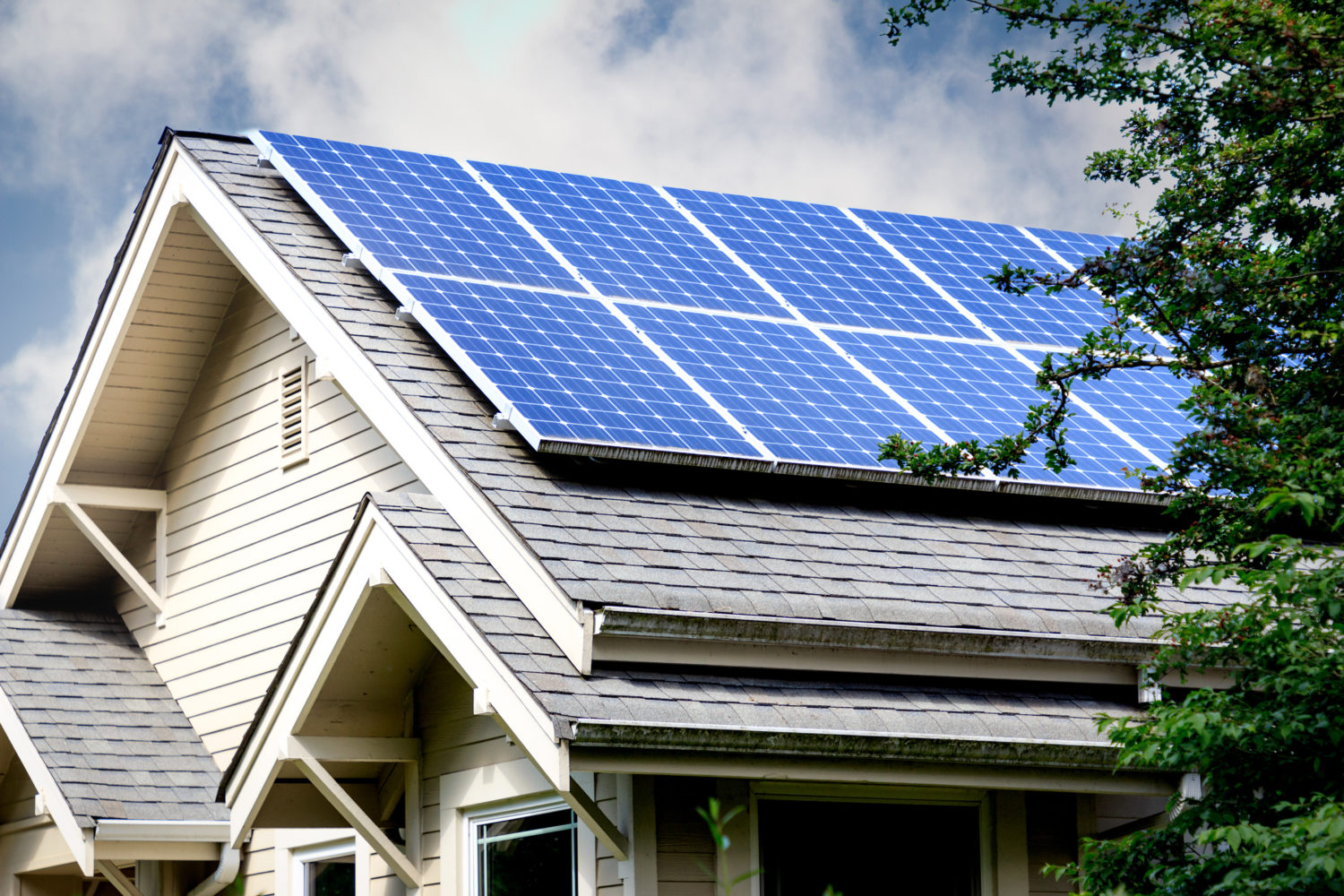As technology continues to progress, solar panels are increasing in accessibility and efficiency. What was once used mainly for businesses is becoming more and more popular among house owners. Plus, as the advantages of solar panels rise, prices are going down.
Current Home is here to help you cut down on bills and give back to the environment. Check out just a few solar advantages that are generating the big switch.
-
Federal Solar Tax Credit
As of 2021, there is a Federal Solar Tax Credit of 22%, with no maximum amount that you can claim. This is a huge benefit for businesses and individuals. It means 22% of your solar costs can be deducted from your tax liability. In addition to the federal solar tax credit, you can also combine it with any state solar tax credit.
-
Raises Home Value
Not only will you continue to save money as you live in your house, but when it is time to move, solar panels can help you market your house and raise the asking price. A Zillow solar panel study in 2019 found that owners who installed solar panels could sell their house, on average, for 4.1% more than those without solar panels.
-
Investment With a Low Maintenance Cost
From cutting down your electricity bill to earning money through net metering or when electricity companies pay you for excess energy, there are many advantages of solar panels. Another benefit is that once your solar panels are installed, there isn’t much you have to do afterward. For full solar advantages, give your panels a light cleaning a few times a year. Current Home also offers a 25-year warranty.
-
Electricity and Heat
Most people know that one of the advantages of solar panels is a decrease in electricity bills, but many forget that you can also use solar panels for heat. For those who are also pool owners, solar panels can be used to heat your pool. Believe it or not, solar panels are used to purify water in areas with limited access to clean water.
-
Reliable
When there is a wildfire, pandemic, or flash flood, the last thing you want is for your electricity to go out. However, when you are dependent on electricity companies, you never know what may cause a power shortage. This uncertainty can be removed with solar panels and your solar battery storage. Stock up on energy and be prepared during sudden natural disasters.
-
Clean Renewable Energy
Unlike fossil fuels, the energy collected from solar panels is clean and renewable. You can continuously have access to solar energy as long as the sun still exists—which will be for a while. Plus, you can feel satisfied as you do your part to cut down on your carbon footprint, aiding in elimination of health and environmental damages.
Continue to learn about solar advantages, costs, installations, warranties, and more by calling and talking with a team member at Current Home. Start saving money and the environment today!







